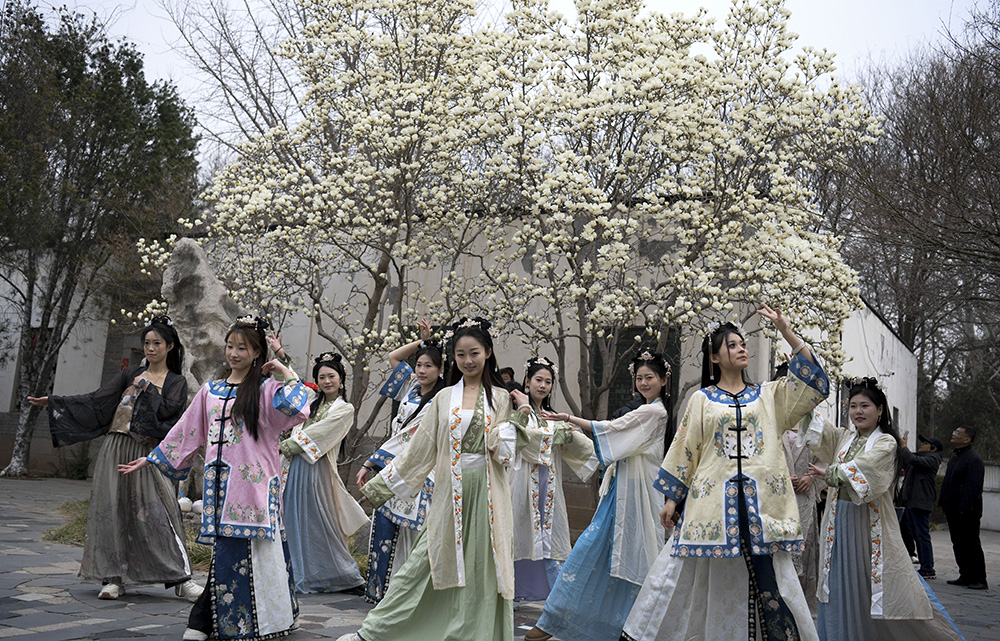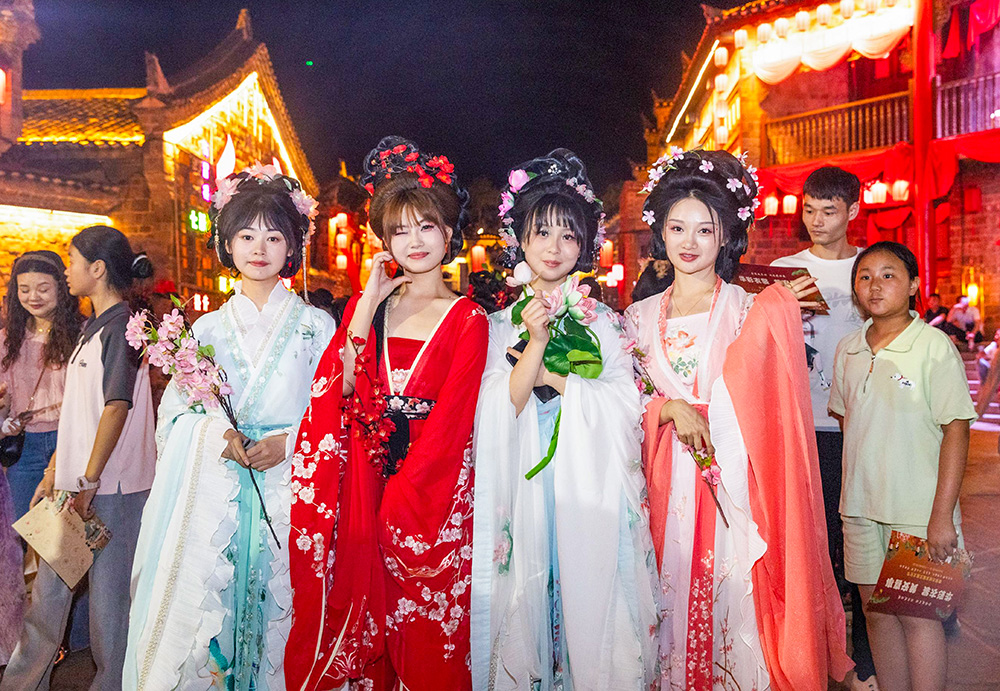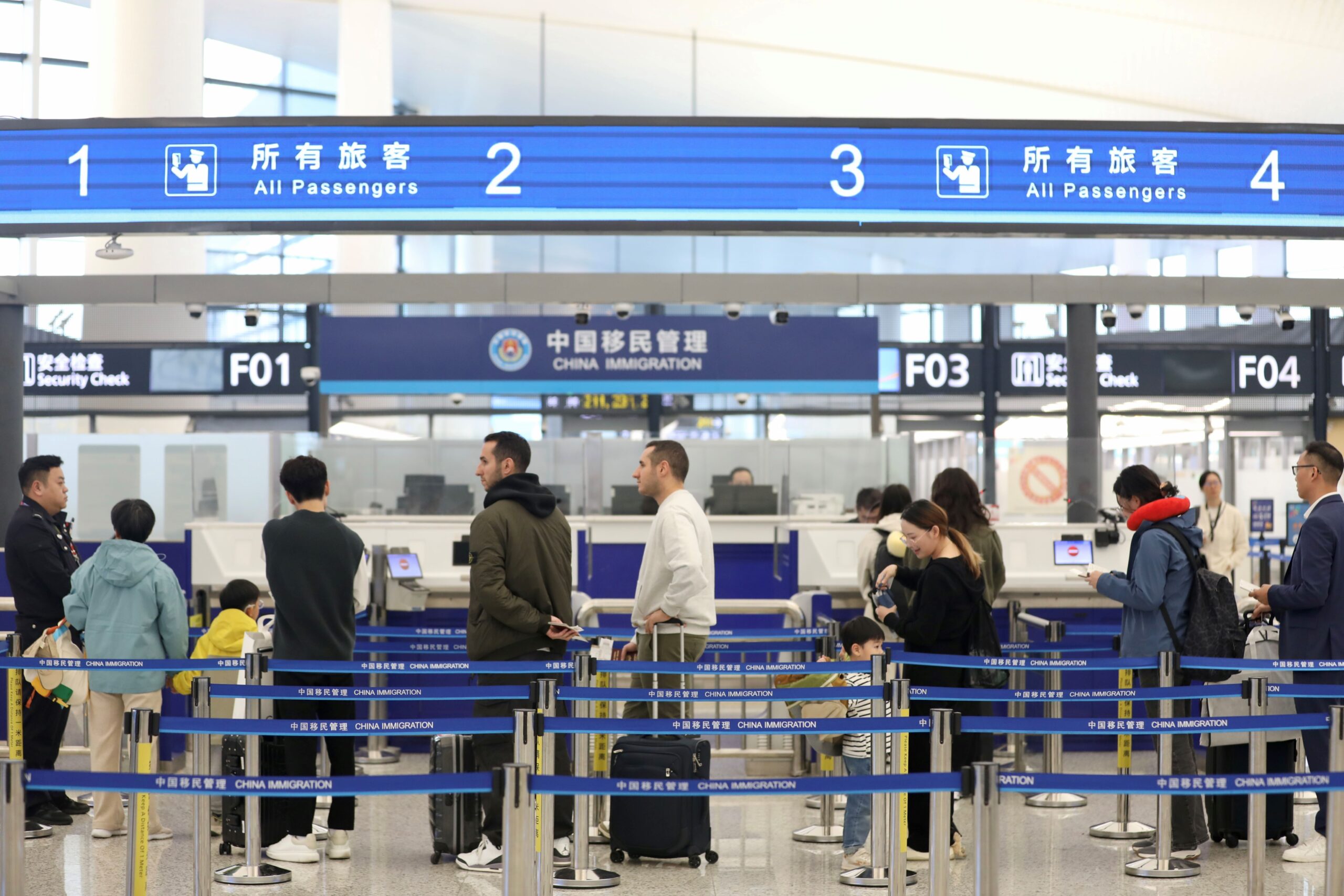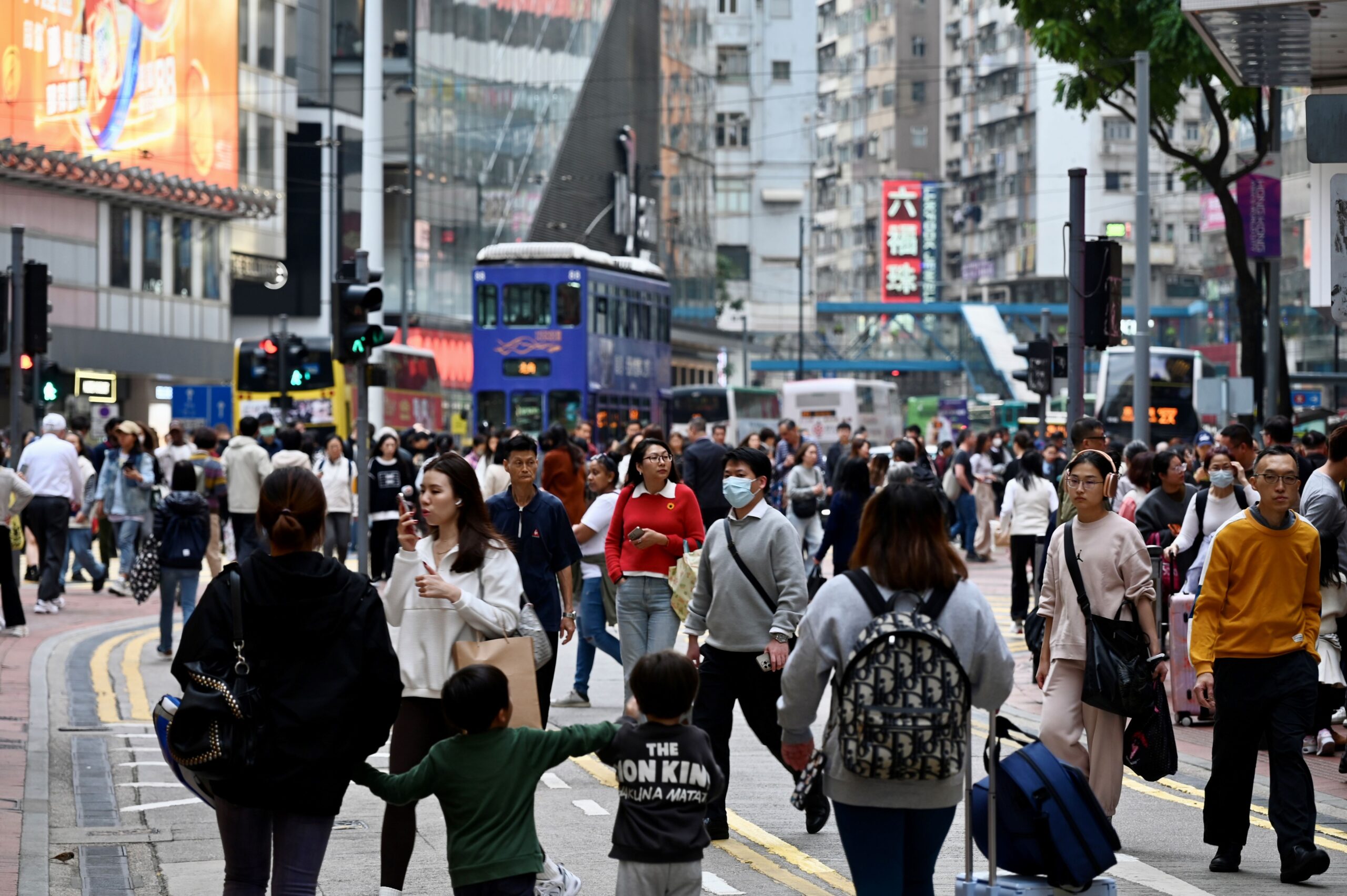Apart from the house, what else can you rent? Chinese young people will give their answer: everything!
From cars and digital devices, to clothes and Pop Mart dolls, renting has become a new consumption concept for many young people in China. They are no longer obsessed with “owning” but are turning to “experiencing”, to live a more flexible life.
In the minds of these young people, everything can be rent. 28-year-old Wang Lin from Nanjing is one of them. She frequently rents clothes from clothing rental platforms. Through this way, she can wear over 10 pieces of brand-name clothes for less than 300 yuan every month.
“I can always wear new clothes, which frees up space in my closet.” Wang said that shared wardrobes have become a lifestyle for many young people. She can also save hundreds of yuan each month without buying clothes.
Renting clothes such as Hanfu and wedding dresses are also popular. At LaoMenDong in Nanjing, Jiangsu Province, plentiful rental stores selling unique clothing abound near tourist attractions. Many tourists prefer to dress up in Hanfu, get their makeup done, and take photos at the scenic areas nearby.

A wedding dressing shop in Jiangsu, Zhenjiang province, provides additional services such as makeup to meet the diverse needs of customers. Among customers who are choosing wedding dresses, most of them said they would prefer to rent rather than buy.
This shift in consumer attitudes also extended to other areas. For example, some limited-edition fashion dolls cost thousands of yuan and are difficult to resell. Many people choose to rent dolls to satisfy their collecting addiction.
Labubu, the Pop Mart dolls, have conquered the world this year. The prices of some hot products were as high as 30,000 yuan and hard to find offline. Many fans turned to renting. Many products were sold out when they launched by the renting service on Zhima Credit, a private company-run credit scoring and loyalty program system developed by Ant Group.

Young people who love concerts and travel are also keen on renting. Zhang Hongjie from Suzhou enjoys renting mirrorless cameras and telephoto lenses for concerts. Zhang said renting is ideal for this “low-frequency demand” scenario.
Lin Lili from Guangzhou recently traveled to Xinjiang with friends. Before departure, she rented a drone (over 40 yuan a day), and a DSLR camera (about 50 yuan a day). When arrived there, they rent an off-road vehicle, costing 400 yuan a day. For the entire trip, the average cost per person was just over 100 yuan per day. It’s very cheap and convenient.
Latest data shows that in 2024, the transaction volume of China’s renting economy exceeded 4.2 trillion yuan, a year-on-year increase of 32%, serving more than 750 million users.
Written by Sha Liu, additional reporting by Xinhua, CCTV and Ecns.cn.
If you liked this article, why not read: AI Pet to Human: Young People’s Bond with Animals In China











